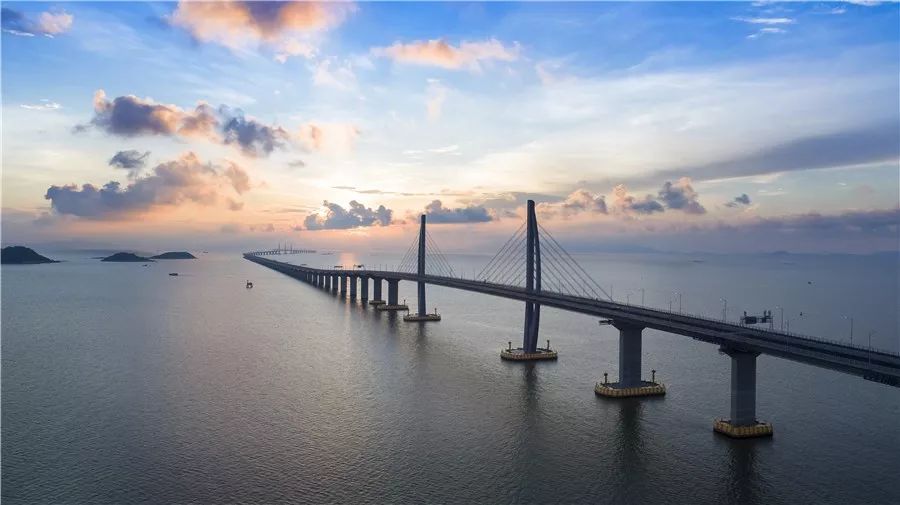Analysts: HK's outlook positive despite protests


Decision to suspend proposed amendments to extradition laws eases concerns of investors
Hong Kong's business is seen to remain stable despite protests that disrupted the city's main legal and administrative centers recently, analysts said.
"I don't think these protest actions (will have a big) impact on Hong Kong businesses," said Iris Pang, Greater China economist for the Dutch investment bank ING.
Pang said that most investors still believe in "the special role of Hong Kong as an international financial center that is close to the mainland".
The Hong Kong government in March proposed amendments to plug legal loopholes that have prevented the extradition of fugitives between Hong Kong and other economies.
The move was triggered by a 2018 murder case in which a 20-year-old pregnant Hong Kong woman was allegedly murdered by her 19-year-old boyfriend during a holiday in Taiwan.
Pang said past crises, including the 2003 Severe Acute Respiratory Syndrome epidemic and the 2014"Occupy Central" movement, a peaceful protest against proposed reforms to Hong Kong's electoral system, did not deter businesses from investing in Hong Kong. It is unlikely, she said, that demonstrations against the proposed extradition law will scare investors away.
"It's not as if the rule of law in Hong Kong will disappear overnight," Richard Harris, chief executive of the Hong Kong-based consulting investment management firm Port Shelter Investment, said.
He said Hong Kong's rule of law and its position as the gateway to the Chinese mainland has made it attractive to international investors.
The current protests will have a "minimal" impact on the economy, and we still expect the Hong Kong economy to grow by 1.5 percent this year, said Capital Economics, a London-based research firm.
"Hong Kong has been the gateway through which much foreign investment and technology has entered China. It continues to play that role, particularly its financial sector," the firm said in its latest report.
It said more than 60 percent of foreign direct investments that go to the Chinese mainland still go through Hong Kong, making the city an important source of financing for Chinese companies. Hong Kong serves as a jumping-off point for Chinese companies to expand globally.
In the short term, however, analysts believe that the mass protest will impact some Hong Kong's businesses.
Alicia Garcia Herrero, chief economist for Asia-Pacific at French investment bank Natixis, said the protests may keep away some tourists from Hong Kong for the moment.
"Retail sales are expected to plummet (especially those from visitors) and the same is true for hospitality," Herrero said.
Capital Economics said tourism and retail sectors, which account for 20 percent of Hong Kong's GDP, might be affected by the protests but noted that "the immediate economic impact will be small". It cited the 'Occupy Central' protests as "a useful benchmark".
"They (2014 protests) brought gridlock to large parts of Hong Kong Island for over 70 days, but there was no noticeable effect on either retail sales or tourism arrivals," Capital Economics noted.
But the Hong Kong government's decision on June 15 to suspend the proposed amendments to the city's extradition laws is expected to ease tensions, with Hong Kong's business returning to normal.
Carie Li, an economist at OCBC Wing Hang Bank Ltd, said the suspension helped ease the concerns of both consumers and investors over the protests.
Harris of Port Shelter Investment said the overall business confidence will be restored if this quiet mood will last for the next few months.





































